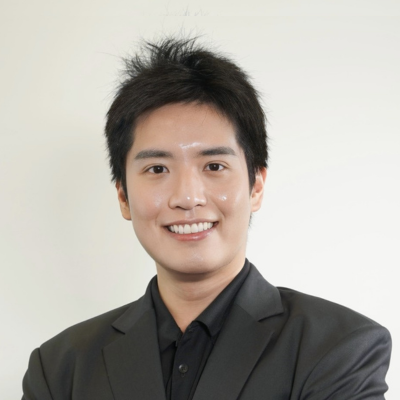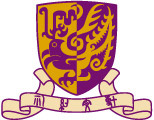
HKPFS Awardee
Assistant Professor,
Assistant Dean (International Affairs & Global Engagement),
Faculty of Education, Chulalongkorn University
Soaring to New Heights through Global Connections
Long working hours and a sedentary lifestyle have become huge contributors to health problems in populations across Asia. As the epidemic grows, exercise science researchers are now at the frontline uncovering innovative new strategies to combat the perils of prolonged sitting.
One such trailblazer is Dr. Waris Wongpipit, who gained his PhD in Education in Sports Science and Physical Education at The Chinese University of Hong Kong (CUHK). He now works as an Assistant Professor and Assistant Dean (International Affairs and Global Engagement) at Chulalongkorn University in his hometown of Thailand. He explains that CUHK was instrumental in the work he is doing today.
“My research and work look into giving people guidelines about the effects of sitting too long and how to efficiently provide quality time to break up the intensity of how long someone is sitting,” he explains.
In his quest for research, Dr. Wongpipit soon found gaps in current studies, and that’s what led him to CUHK.
“When I was studying in the UK for my master’s, I found out that most of the research were related to Caucasians, but Asians may have different physiological responses when they do exercise. I wanted to explore how Asian people differ, especially those with obesity and diabetes.”
Culturally relevant research
This started his quest to seek out an ideal university in Asia to complete his further studies. A key consideration was whether the programme was delivered in English and whether it fell under the Faculty of Education.
“This was important because when I go back to Thailand, the degree programme is very important. I wanted to be a professor in the Faculty of Education, and if I studied in the Faculty of Medicine, I wouldn’t be able to do that,” he recalled. That’s when he came across CUHK.

“I was excited to learn that the programmes were taught in English and that the exercise science programme is also under the Faculty of Education,” he said. He immediately applied and that set the course for him to carve out a successful research and teaching career when he returned to Thailand.
“CUHK is excellent, and they are a top university. I was drawn to them because of its reputation as a leading institution and because I am passionate about improving health outcomes in my home country Thailand. I knew CUHK could provide me with the ideal environment to conduct cutting-edge research and culturally relevant studies,” he explained.
Working with only the best
Indeed, Dr. Wongpipit’s experience speaks to some of the core strengths of the University’s PhD and research programmes that have earned international recognition and helped many along with their career goals.
Beyond the University’s academic prowess, he also highlighted that the international networking opportunities and professional development support available to CUHK postgraduate students have been instrumental to his overall experience. Through his supervisor, he was able to connect with well-known overseas professors and lectures, and take part in overseas exchange opportunities.

“All the professors and students I met are just brilliant, they are all the best and the very top in their field, this has given me solid connections and opportunities all around the world,” he shared.
More than just Academics
Moreover, Dr. Wongpipit benefited hugely from a host of other skills that his supervisor taught him outside of research work. These included how to be a professor, how to write effective research grants and even how to make the most of his degree.
“This is totally different from other universities where they sometimes won’t necessarily train you in these soft skills,” he said.
Thanks to this incredible network of support and exposure, Dr. Wongpipit was able to go back to Thailand capitalising on the collaborations and networks that he had built while at CUHK.
“Since Thailand is a developing country, we have limited access to grants and there are less opportunities to do new things and try out new technologies.”
On that note, he also praises CUHK for providing its students with limitless resources and a strong foundation in research methodology, which has given him the confidence to apply for research or give insightful feedback on research proposals.
So, in a final word of advice, he tells students to take advantage of all the opportunities that CUHK has to offer.
“Don’t study only, make sure you get involved in activities and build connections, because those relationships will be important after graduation,” he advised.



